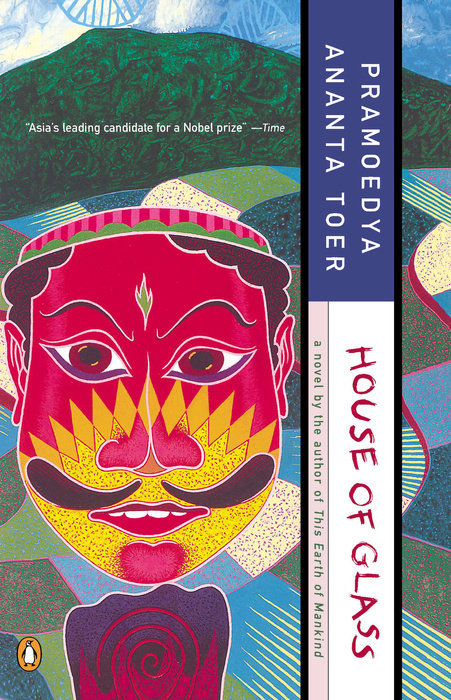MonsieurArkadin reviewed House of Glass (Buru Quartet) by Pramoedya Ananta Toer (Tetralogi Buru, #4)
The End of the Road
4 stars
Intense ACAB energy in this book.
Politically, I feel like this is sort of the driving thesis of the entire quartet. As a story, it's the least exciting to read, but you've gone on the journey of anti-colonial/national political awakening for 3 books, and this one here functions almost as a form of praxis.
We switch perspectives to a police officer for the Colonial government, and given the intensive context gained from the previous 3 books we understand how/why every action this cop takes is evil. Even mundane activities like reading a newspaper are filled with all the oppression of the colonial structures, and will be synthesized in a way to pit indigenous people against each other for the benefit of Europeans (and traitors, like the Narrator of this novel).
Probably a narratively unsatisfying way to end the series... but as an intellectual history, also probably the …
Intense ACAB energy in this book.
Politically, I feel like this is sort of the driving thesis of the entire quartet. As a story, it's the least exciting to read, but you've gone on the journey of anti-colonial/national political awakening for 3 books, and this one here functions almost as a form of praxis.
We switch perspectives to a police officer for the Colonial government, and given the intensive context gained from the previous 3 books we understand how/why every action this cop takes is evil. Even mundane activities like reading a newspaper are filled with all the oppression of the colonial structures, and will be synthesized in a way to pit indigenous people against each other for the benefit of Europeans (and traitors, like the Narrator of this novel).
Probably a narratively unsatisfying way to end the series... but as an intellectual history, also probably the only way to do it.


